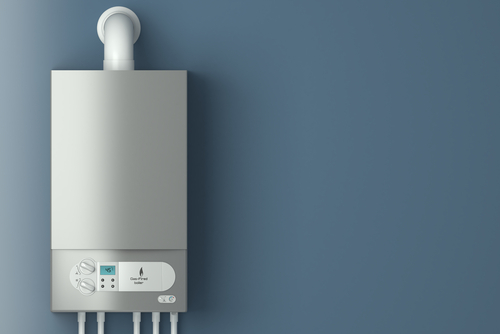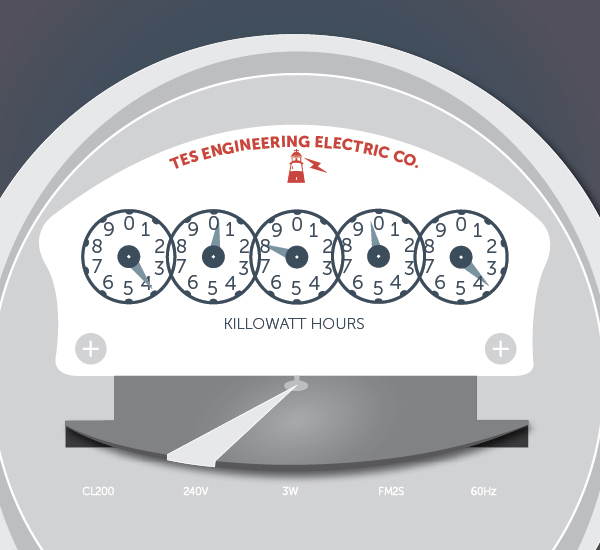
Categories
- All (57)
- Uncategorized (4)
- Sustainability (1)
- Engineering (25)
- Fundamentals (12)
- Services (11)
- Tenant Coordination (3)
- Facility Operations (5)
- Energy Solutions (3)
Tags
- All (57)
- Facility Operations (7)
- LEED (2)
- Lighting (4)
- Water Treatment (2)
- HVAC (3)
- Kitchen (1)
- Odor Control (2)
- Safety (5)
- Energy Audit (1)
- Food Court (1)
- Retail Design (1)
- fire protection (1)
- Restaurant (1)
- National Electric Code (2)
- Plumbing (2)
- Tenant Coordination (15)
- Fire Protection Agency (2)
- Restroom (1)
- Piping (2)
- Electrical Engineering (15)
- Right-Sizing (4)
- Products (1)
- Mechanical Engineering (11)
- Code (1)
- Energy (1)
- Boiler Room (5)
- Vs. (1)
- Commissioning (1)
- Expansion Tanks (1)
- ADA (1)
- Leasing (1)
- Equipment Layout (1)
- Universal Design (1)
- Curb Adapter (1)
- Calculations & Formulas (3)
- Grease (1)
- Rooftop (1)
- Rules of Thumb (1)
- Bid Documents (1)
- Central Plant (2)
- NEC (1)
- Before You Build (1)
- Comfort Issues (1)
- Workplace (1)
- Air Conditioning (4)
- Circuits (1)
Archives

Tank vs. Instant Water Heaters
Posted by Dan Jackson on in Engineering
Sometimes, our clients run into a problem because they don’t have access to hot water for their lavatories. In commercial settings, tenants may be able to access hot wa犀利士 ter from the landlord, but sometimes this option is not available. If the situation arises where the tenant must provide their own hot water source, our […]
read more

Chemical Water Treatment in Open Tower Systems
Posted by Dan Jackson on in Fundamentals
In today’s world of expensive energy, it is more vital than ever for heat exchange equipment to be kept free of insulating deposits that promote high energy consumption. A typical insulating deposit is a formation of calcium, fungi, mold, algae slime or other minerals on a surface, separating or insulating it from the ability to […]
read more

How to Read Your Electric Meter
Posted by Steven George on in Fundamentals
There are two major benefits to knowing how to read your electric meter. The first benefit is that you’ll be able to save money and energy. If you’re financially conscious, reading your meter every month to compare numbers will help you determine if home improvements you made to your property are producing a return on […]
read more

Eye Washing Station Details
Posted by Brian Walsh on in Fundamentals
Nearly one million workplace eye injuries are reported annually, so the importance of emergency eyewash stations cannot be overstated. The use of proper eye protection along with worker safety training can go along way in preventing potential serious eye injury. The single most important requirement for eye safety is the emergency eyewash station. Emergency eyewash […]
read more
208 or 480 Volt Service?
Posted by Joe Weagraff on in Engineering, Fundamentals
Selecting an electrical distribution voltage for a multi-tenant commercial building is often based on prior lease agreements, previous projects, incomplete information, or intuition. Our research provides guidelines with economic justifications. Each type of service has its advantages. 208V requires less electrical equipment in the Tenant lease space and is therefore less expensive for the Tenant. […]

 Previous STORY
Previous STORY